5 GPTs for Recovery Powered by AI for Free of 2025
AI GPTs for Recovery are sophisticated tools built upon Generative Pre-trained Transformers technology, designed to address the specific needs within recovery domains such as healthcare, disaster recovery, addiction, and mental health. By leveraging the capabilities of GPTs, these tools offer tailored solutions that help in planning, managing, and executing recovery processes. The relevance of AI GPTs in the Recovery field lies in their ability to process and analyze vast amounts of data, provide insights, and support decision-making, making them an invaluable asset for personalized care plans, predictive analytics, and resource management.
Top 5 GPTs for Recovery are: physioGPT,!Health Master!,リハの自主練習方法をアドバイスします!,AI Rehabilitation Guide EBM Plus,Virtual Rehab
physioGPT
Your AI Physiotherapist, Anytime, Anywhere
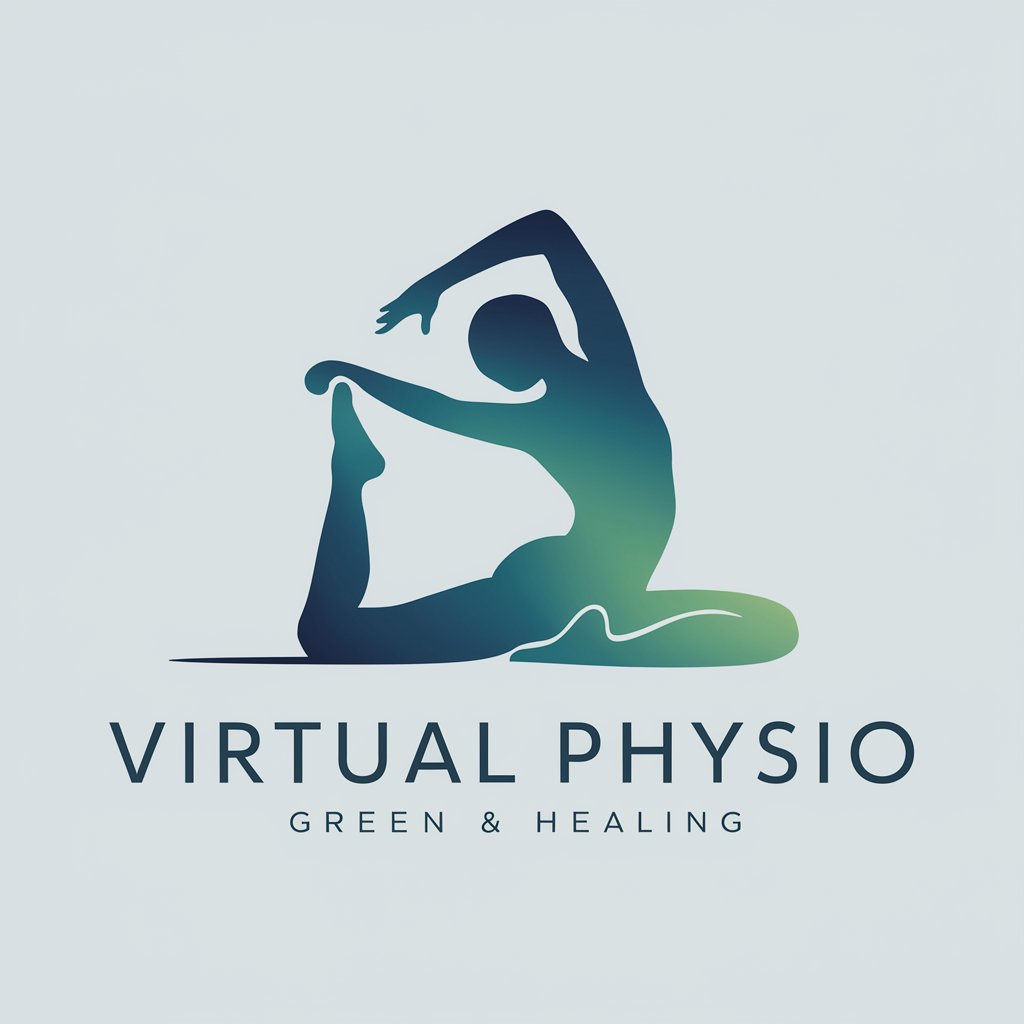
!Health Master!
Empowering Your Health Journey with AI
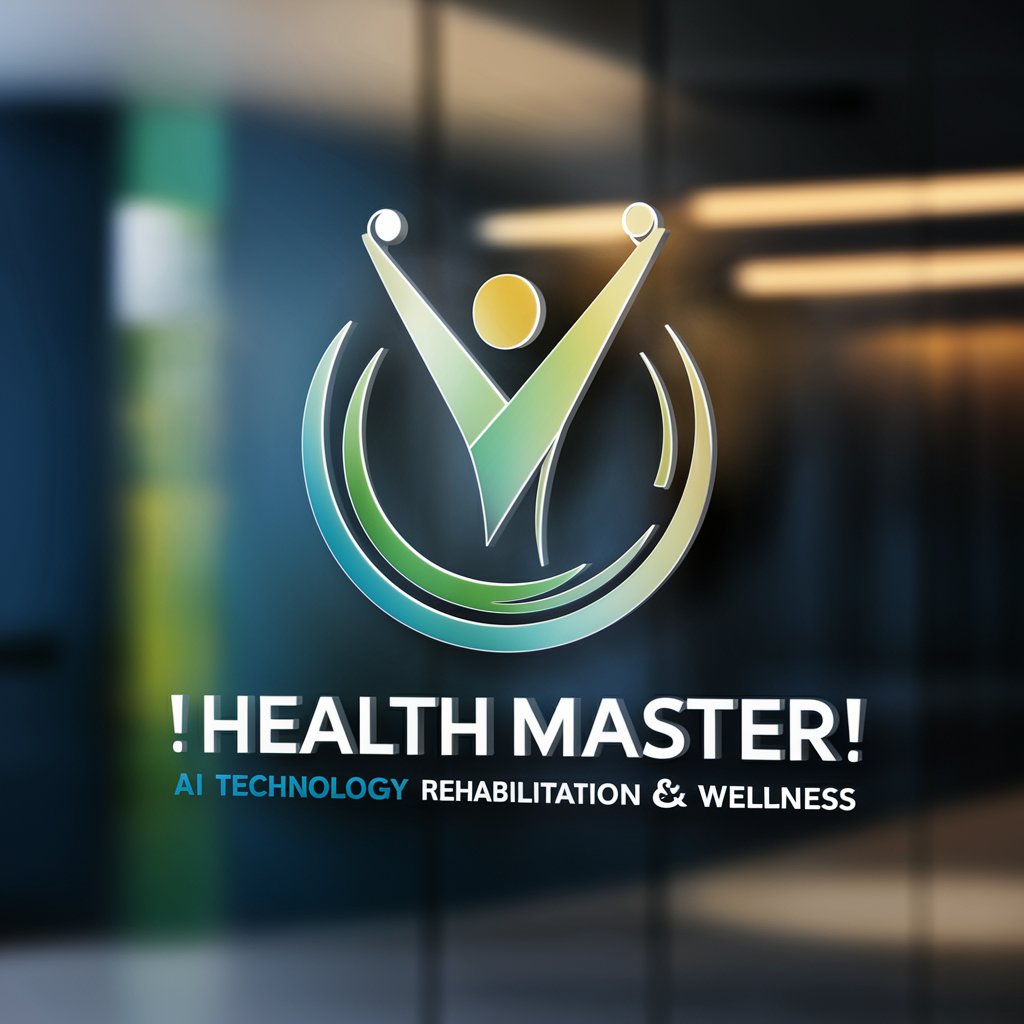
リハの自主練習方法をアドバイスします!
Tailored Rehab Exercises, AI-Powered
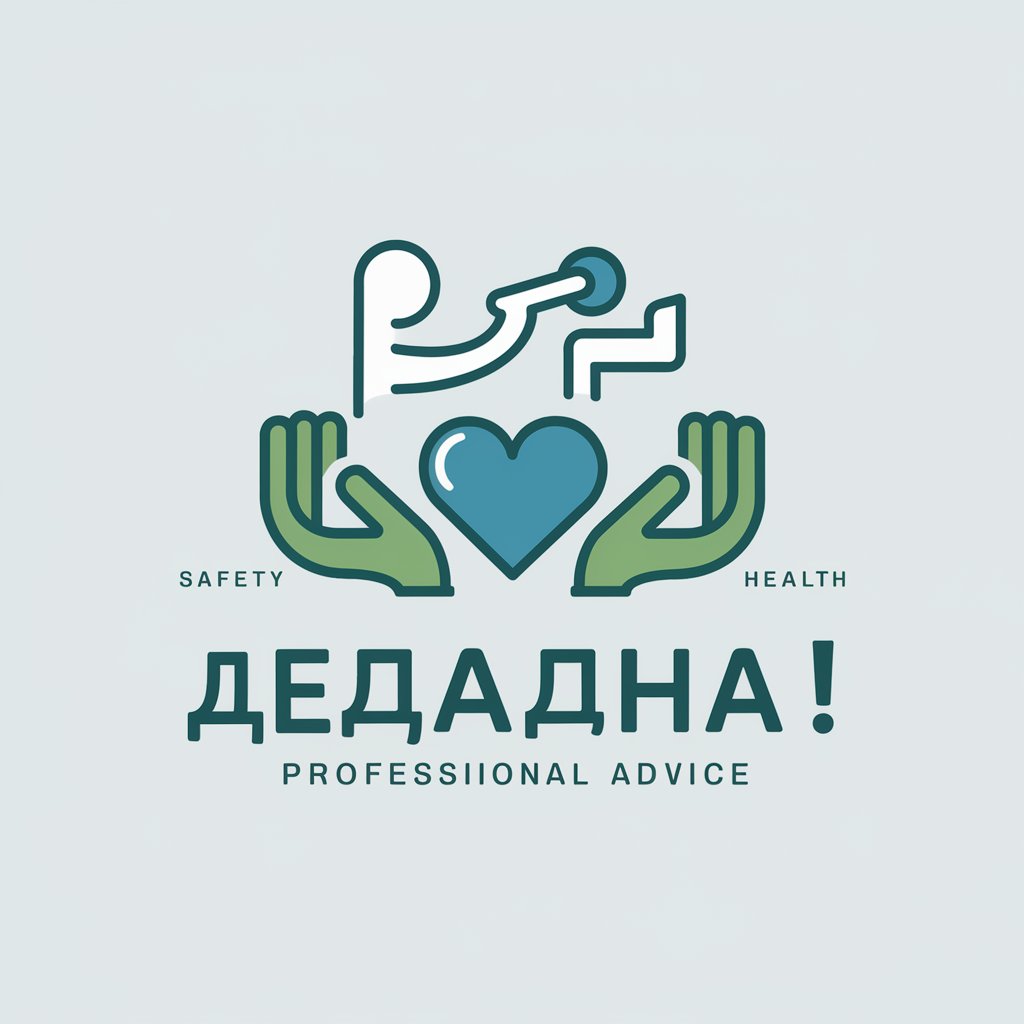
AI Rehabilitation Guide EBM Plus
Empowering your recovery with AI-driven rehabilitation.
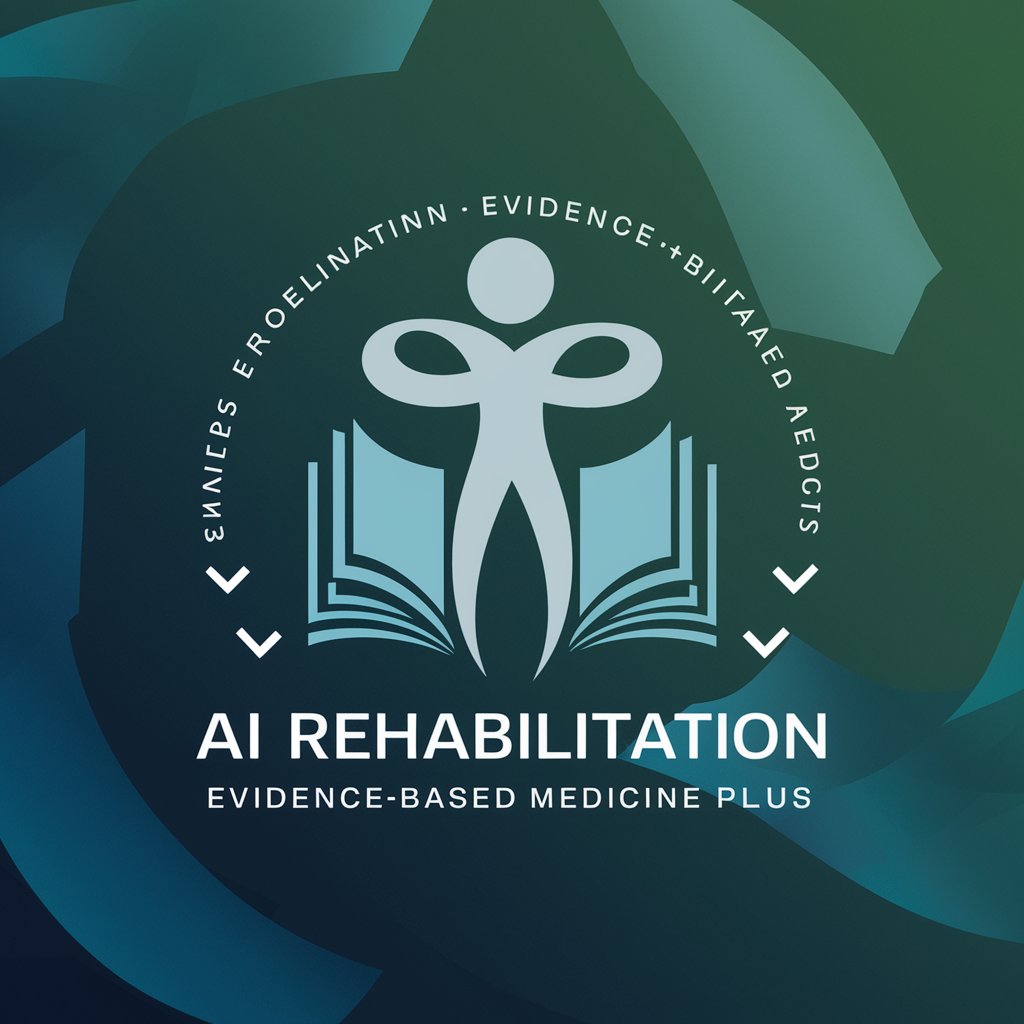
Virtual Rehab
Empowering Your Recovery with AI
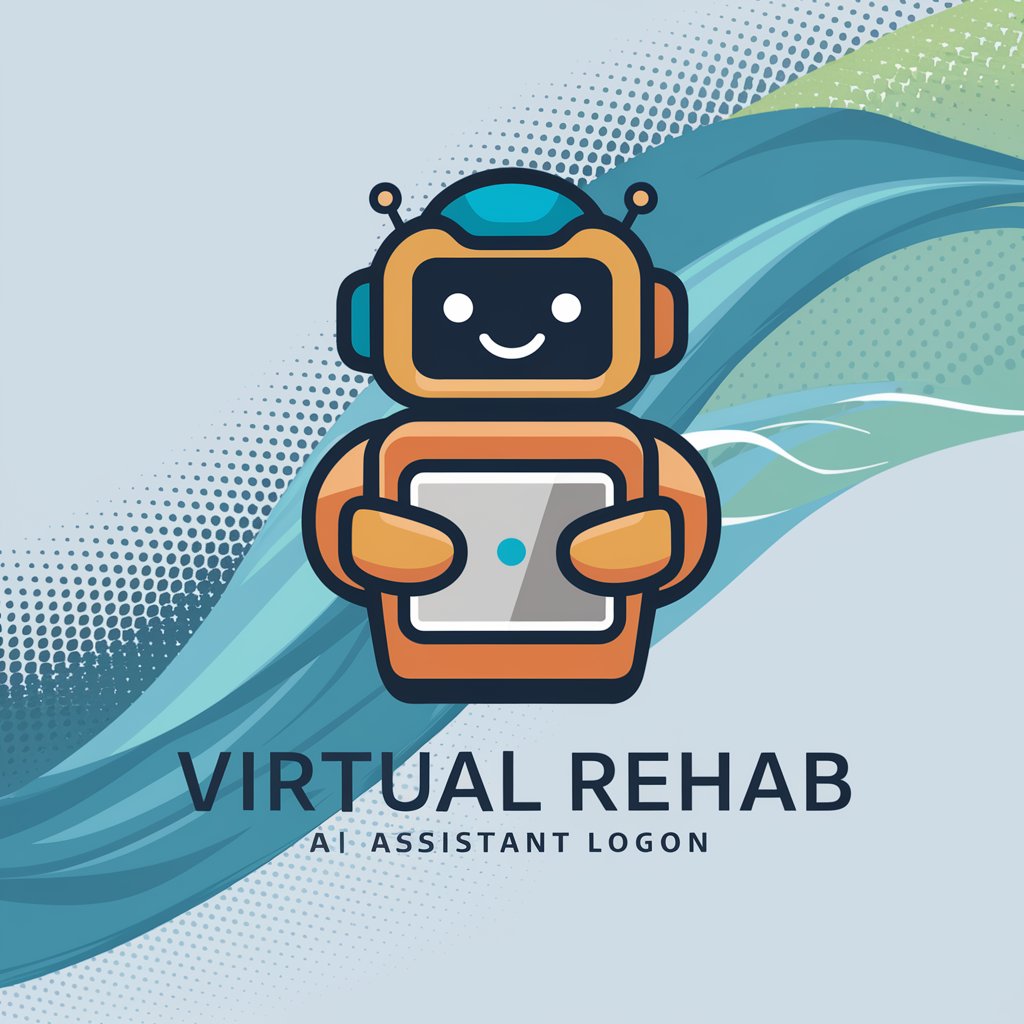
Distinctive Attributes and Capabilities
AI GPTs for Recovery stand out for their adaptability, able to handle tasks ranging from simple Q&A to complex predictive analytics. Key features include natural language processing for understanding and generating human-like responses, data analysis for identifying patterns and trends, image creation for visualizing recovery processes, and technical support for troubleshooting. These tools are designed to learn and evolve, making them capable of handling the dynamic and diverse needs of the Recovery sector.
Primary Beneficiaries of Recovery GPTs
The primary audience for AI GPTs in Recovery encompasses healthcare professionals, disaster recovery planners, mental health practitioners, and individuals seeking support for addiction. These tools are accessible to novices, offering user-friendly interfaces that require no coding skills, while also providing extensive customization options for developers and IT professionals, allowing for seamless integration into existing systems and workflows.
Try Our other AI GPTs tools for Free
Makeup Assistance
Discover how AI GPTs for Makeup Assistance revolutionize beauty routines with personalized advice, virtual trials, and product recommendations.
Documentation Sourcing
Discover how AI GPTs revolutionize Documentation Sourcing with tailored, efficient solutions for managing and analyzing documentation across various fields.
Balance Optimization
Discover how AI GPTs for Balance Optimization can transform your approach to achieving optimal balance in financial, workload, and resource management with adaptive, data-driven solutions.
Management Leadership
Discover how AI GPTs for Management Leadership are revolutionizing decision-making and strategic planning with customized, data-driven insights for leaders and managers.
Label Growth
Discover how AI GPTs for Label Growth can transform your label design and market analysis with tailored, AI-driven solutions. Streamline operations and innovate with ease.
Content Tips
Discover how AI GPTs for Content Tips can revolutionize your content creation process with tailored advice, cutting-edge features, and adaptable solutions for every type of creator.
Enhanced Perspectives on GPTs in Recovery
AI GPTs function as dynamic solutions across various sectors within Recovery, adapting to the unique challenges of each. They facilitate a user-friendly approach for non-technical users while offering robust customization options for professionals. Their integration into existing workflows promotes efficiency and effectiveness in recovery strategies, showcasing the potential of AI in transforming the landscape of recovery services.
Frequently Asked Questions
What exactly are AI GPTs for Recovery?
AI GPTs for Recovery are advanced AI tools tailored for the recovery sector, utilizing the power of Generative Pre-trained Transformers to offer customized support and solutions in areas such as healthcare, disaster management, and mental health.
How can AI GPTs improve recovery processes?
They improve recovery processes by providing personalized care plans, predictive analytics for better resource allocation, and support in decision-making through data analysis and natural language processing.
Do I need coding skills to use AI GPTs for Recovery?
No, these tools are designed to be accessible to users without coding expertise, featuring intuitive interfaces and guided processes for easy use.
Can developers customize these AI GPTs tools?
Yes, developers can extensively customize the tools, thanks to their adaptable architecture, allowing for integration with existing systems and the creation of specialized features.
Are AI GPTs for Recovery applicable in mental health?
Absolutely, they are highly valuable in mental health for providing support through conversational agents, monitoring patient progress, and offering insights based on data analysis.
How do AI GPTs handle data privacy in sensitive recovery areas?
AI GPTs are designed with stringent data privacy measures, ensuring all information is securely processed and compliant with relevant regulations such as HIPAA in healthcare.
What makes AI GPTs suitable for disaster recovery planning?
Their ability to analyze large datasets and simulate scenarios makes them ideal for planning, optimizing resource allocation, and improving response strategies in disaster recovery.
Can AI GPTs for Recovery generate visual aids for educational purposes?
Yes, they can create visual aids like diagrams and illustrations to aid in education and training, enhancing understanding and retention of recovery-related information.